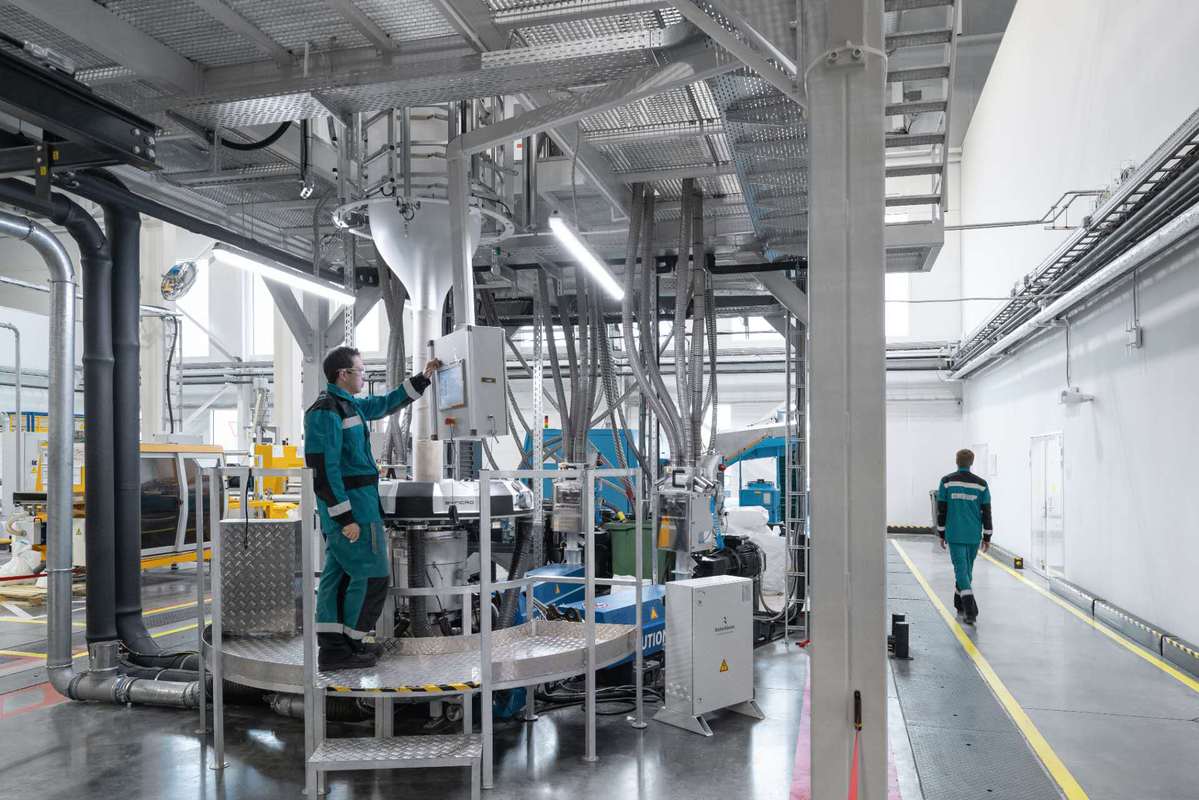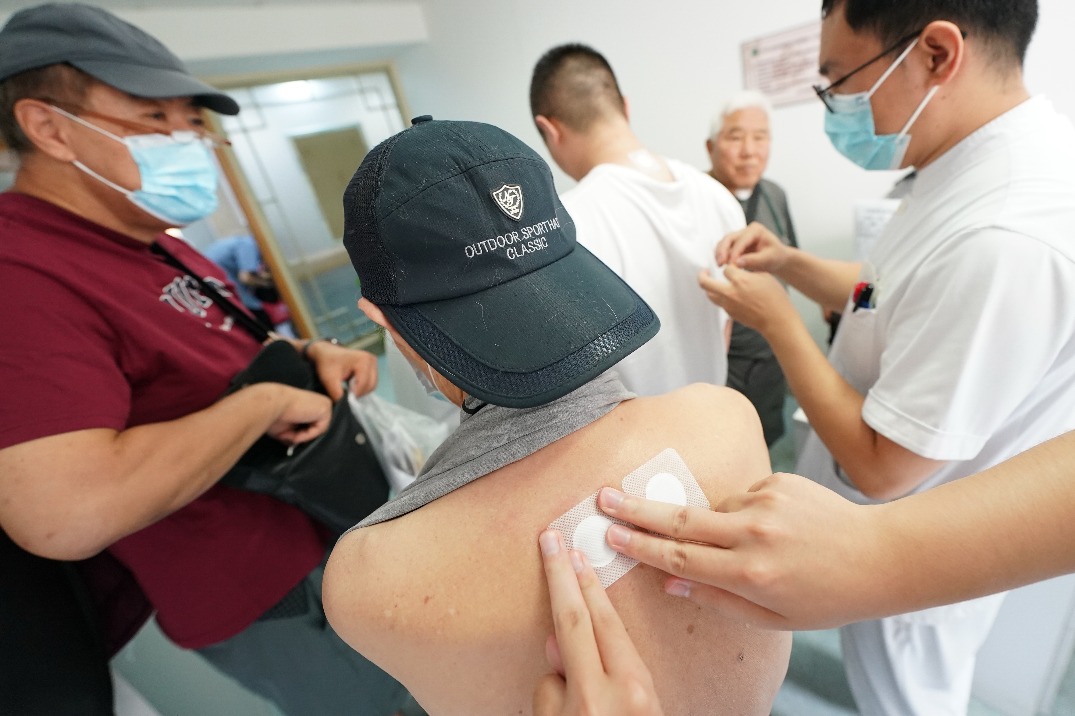SIBUR on Russian carbon credits market
chinadaily.com.cn | Updated: 2024-07-25 18:18

Russia's private sector is expanding its portfolio of climate projects and SIBUR has the largest carbon credit assets among all Russian companies.
The goals of reducing greenhouse gas emissions and preventing global warming can be achieved only through the joint efforts of the world's largest economies.
The world's leading companies pay a great deal of attention to the climate agenda: they are reducing their production-related CO2 emissions and receiving carbon credits for doing so. However, a global market for carbon credits that could provide a universal incentive for reducing CO2 emissions in different countries is yet to emerge.
In Russia, the carbon market is still in its early days. Nevertheless, SIBUR, Russia's largest producer of polymers and rubbers and a partner of Sinopec, has already completed seven climate projects that have modernized its production sites, resulting in a total declared reduction of 10.8 million tonnes of CO2 emissions over a period of 10 years. A third of these emissions have already been certified by Russian or international verification bodies, and SIBUR has already received carbon credits for them.
So far, SIBUR has completed several sales of carbon credits on a pilot basis, including through the Polkadot blockchain platform and through Russia's National Mercantile Exchange. The company has also submitted for registeration one of its climate projects—the launch of a solar power plant at its Polief facility—on the Global Carbon Council platform created by Qatar for carbon trading.
Carbon footprint reports go global
Although the European Union's Carbon Border Adjustment Mechanism (CBAM) has caused a great deal of discussion, it is nevertheless capable of creating common, industry-wide rules for the global carbon credits market. Companies supplying goods to EU countries will have to report the carbon footprint of their products and, starting in 2026, also pay taxes if their CO2 emissions greatly exceed emissions from similar products made in Europe.
Suppliers of products to the EU will have to show their carbon footprint according to a methodology that is recognized by both their own country and the European Union. This will help unify the rules for calculating and verifying CO2 emissions in different countries, which could eventually lead to mutual recognition of their carbon credits.
Russia is now proposing something similar for the BRICS countries: that they unify the methodology used to calculate CO2 emissions and ensure mutual recognition of each other's carbon credits in order to make cross-border trade possible within a voluntary common market. This would make carbon credits a lever for decarbonization not only in individual regions but also in countries that account for more than 40 percent of the world's population.
Over time, a reduced carbon footprint will become an increasingly important element of consumers' choice in various countries. SIBUR is creating a competitive advantage by investing in a low-footprint approach. The company reduced carbon emissions by 25 percent last year, and is using an ever-increasing amount of post-consumer plastic in its production of new products. And it is already using rPET granules in the production of plastic bottles. The next step for SIBUR is the chemical recycling of plastic waste, which should increase the use of recyclables in production considerably.
























